Most wars in history have lasted from a few months to a few years. A few have lasted over a decade, even fewer a couple of decades. Rarer still are wars that last a century or more – wars of such length are a serious anomaly.
The longest war that has ever been fought – although “fought” is perhaps not quite the best term to use, considering how this particular war played out – is one that lasted well over three centuries, between the Netherlands and the Isles of Scilly, which are off the southwest coast of England.
When peace was officially declared between the Isles of Scilly and the Netherlands, it brought to an end 335 years of war, making it the longest war in history. However, not a single shot was fired during these three long centuries of continuous war, and there were no casualties.
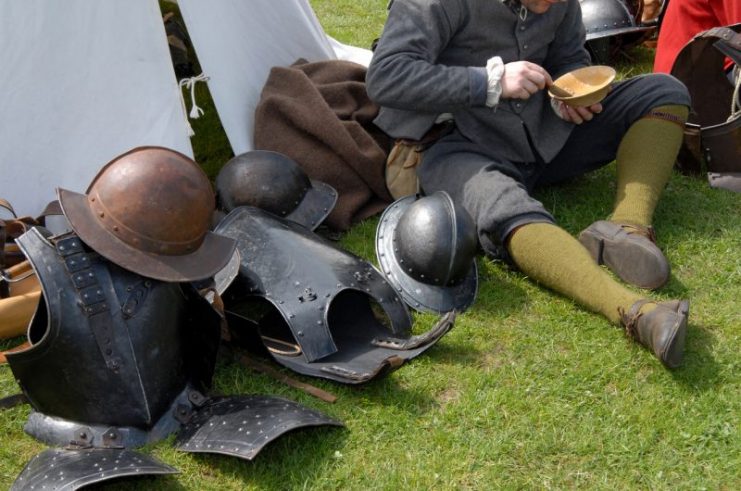
Some historians, in fact, dispute the fact that there ever was a legally-declared war between these two entities in the first place. Nonetheless, a peace treaty was officially signed by the Dutch ambassador to the UK on April 17, 1986, so whether or not the war was an officially-sanctioned conflict, it did come to an internationally-recognized legal end in 1986.
Regardless of whether the Three Hundred and Thirty-Five Years’ War – as the supposed conflict came to be known – ever really did exist, what is certain is that the political conditions at the time of its declaration in March 1651 were indisputably those of a much larger and very real war. The 335 Years’ War was an offshoot of the English Civil War, which raged through England, Scotland and Ireland from 1642 to 1651.
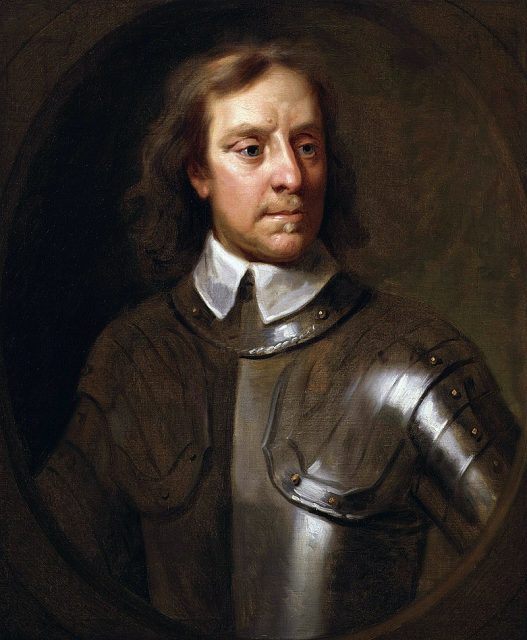
This war was fought between the Parliamentarians, led by Oliver Cromwell, and Royalist forces loyal to Charles I. While Royalist forces initially held the upper hand, the tide soon turned, and in the latter stages of the war the Parliamentarians under Cromwell began to win victory after victory against the Royalists.
Eventually, the Dutch elected to enter the war, allying themselves with the Parliamentarians, as during the last few years of the conflict it became increasingly apparent that the Parliamentarians would ultimately triumph. This was seen as an act of betrayal by the Royalists, who had for many years been allies with the Dutch.
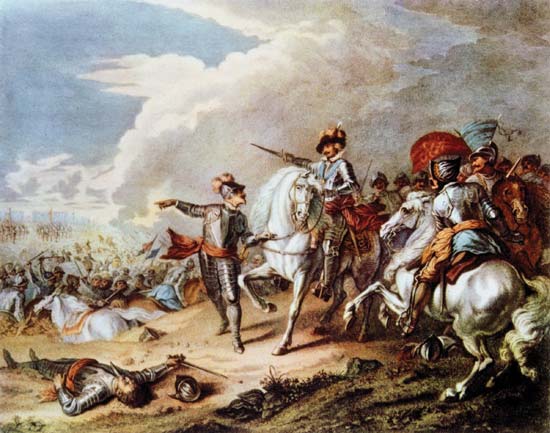
In retaliation for this opportunistic act of betrayal, the Royalists began to raid Dutch shipping lanes and attack Dutch merchant vessels in the English Channel. In this retaliatory endeavour, the Royalists proved to be quite successful.
They were not, however, nearly as successful when it came to the domestic war they were fighting. By 1651 it was obvious that the war against the Parliamentarians was lost, and the last fragments of the Royalist Army on land had been pushed back into Cornwall, in the southwest of England, to their one remaining stronghold. The remnants of the Royalist Navy, meanwhile, retreated to the Isles of Scilly.
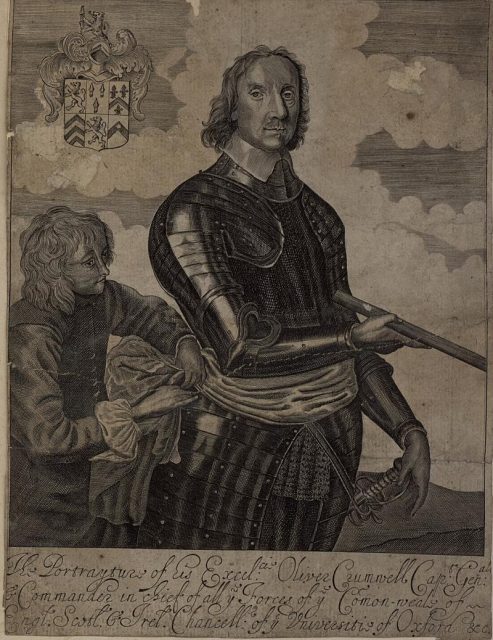
The Dutch were smarting after the blows their merchant fleet had taken from Royalist ships, and now that the Royalist Navy had almost been completely defeated, they seized this opportunity to have their vengeance. The Dutch sent twelve warships to the Isles of Scilly, and tried to force what was left of the Royalist Navy to pay them reparations.
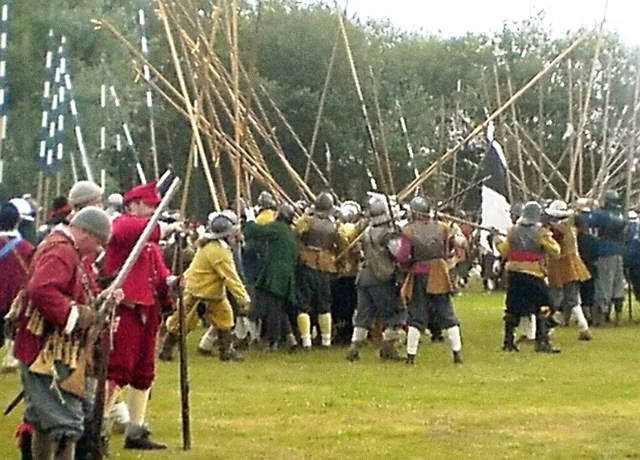
When the Royalist Navy refused to comply, the admiral of the Dutch fleet, Admiral Maarten Tromp, declared war on the Isles of Scilly (seeing as the vast majority of England was now under Parliamentarian control) on March 30, 1651.
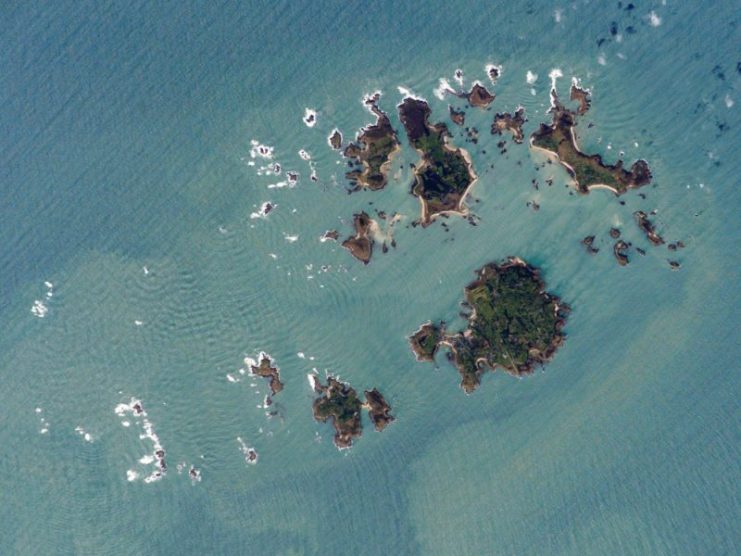
The question as to whether Admiral Tromp actually had the authority to declare war on behalf of the Dutch nation is what lies at the heart of the question of the authenticity (or lack thereof) of the 335 Years’ War. Either way, the Dutch fleet blockaded the Isles of Scilly, but did not engage in any open battles or bombardment.
Three months after Tromp’s declaration of war on the Isles of Scilly, Cromwell’s Parliamentarian forces triumphed, forcing the Royalists on the Isles of Scilly to surrender. After the surrender the Dutch ships lifted the blockade, and sailed back to Holland – without ever signing a peace treaty with the Isles of Scilly, upon whom they had declared war.
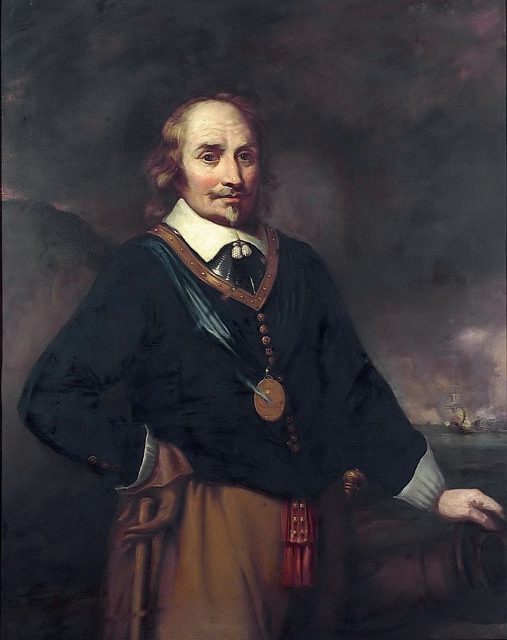
The conflict was forgotten in the mists of history – until 1986, when a historian from the Isles of Scilly, after having done some digging around, found that the 335-year-long conflict was still officially unresolved.
In theory, at least, the Isles of Scilly were therefore still at war with the Dutch. He wrote to the Dutch Embassy in London, who checked their records, and found that the historian, Roy Duncan, was correct in his assertion.
Duncan asked about the possibility of signing an official peace treaty, and, just to bring the affair to a legally-binding close, the Dutch ambassador, Rein Huydecoper, went to the Isles of Scilly on April 17, 1986 and officially declared an end to the 335 Year’s War – the longest-running war in all of human history, in which not a single soul was injured or died.
